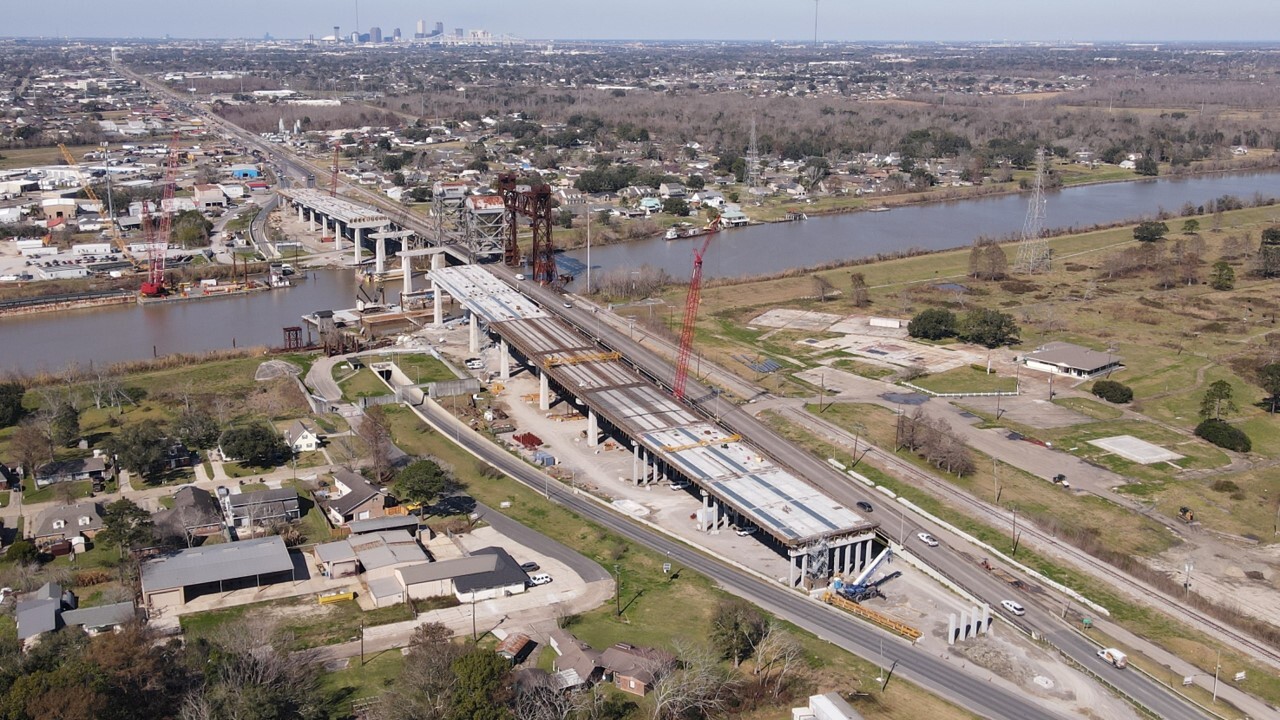A New York Supreme Court judge has dismissed the joint motion of several major banks to dismiss a whistleblower lawsuit accusing them of wrongdoing in the variable-rate market, keeping the high-stakes legal proceeding moving toward a future trial.
Justice Andrew Borrok issued his ruling late last week and it was filed Monday. Borrok found that the lawsuit brought under New York’s false claims act sufficiently alleges violations of that law by the defendant banks to avoid being dismissed. The suit alleges the banks “bucketed” large groups of variable-rate demand obligations and set their rates en masse without regard to the characteristics of the securities, which the suit argues is a violation of the remarketing agreements binding those banks.
“To the extent that the defendants contend that relator has not sufficient alleged the falsity of their representations to individually price each VRDO at the lowest possible rate, relator' forensic analysis of VRDO rates and market data is sufficient at this point to withstand a motion to dismiss,” Borrok ruled.
This lawsuit and similar ones filed in Illinois, New York, Massachusetts and California all stem from Johan Rosenberg, a Minnesota-based municipal advisor, who said he found the “robo-resetting” scheme after his own analysis led him to uncover the alleged misconduct. He originally filed his lawsuits under the name of a corporate entity called “Edelweiss Fund,” before a court ruled he would need to make his identity public to continue his litigation.
In various court filings in each lawsuit, the banks have denied wrongdoing.

The defendant banks, or their subsidiaries, which include JPMorgan Chase & Co., Citigroup, M&T Bank Corp., Merrill Lynch & Co. and Morgan Stanley Smith Barney, sought dismissal of the New York suit late last year based on several contentions, including the public disclosure bar — a legal standard in New York and elsewhere — that exists to prevent whistleblower lawsuits from being filed on the basis of public information.
But New York Attorney General Letitia James
The stakes are high in New York, where the alleged damages total some $374 million. Borrok found that while there is nothing inherently wrong in using a computer algorithm to set VRDO rates, the lawsuit sufficiently argues that the banks applied this approach inappropriately because they bucketed “VRDOs that had different characteristics and applied the algorithm without taking into account the differences between the VRDOs in the buckets.”
Borrok also struck down M&T’s separate motion to dismiss based on the fact that nearly all of the VRDOs it was remarketing agent on in the state were conduit bonds. Because private borrowers rather than government entities were responsible for the payments, M&T argued, the bank should be excused from the suit. Borrok said that argument “misses the point.”
The false claims act “applies to any sort of looting of the public purse,” Borrok wrote. Because conduit VRDO borrowers “obtain funds from New York,” the justice determined, “necessarily, some portion of New York's funds is included in the payments conduit VRDO borrowers made to M&T.”
With the motion to dismiss shot down, Borrok ordered the banks to file an answer to the complaint within 45 days and set a June 1 date for a preliminary conference as the case moves toward trial.





